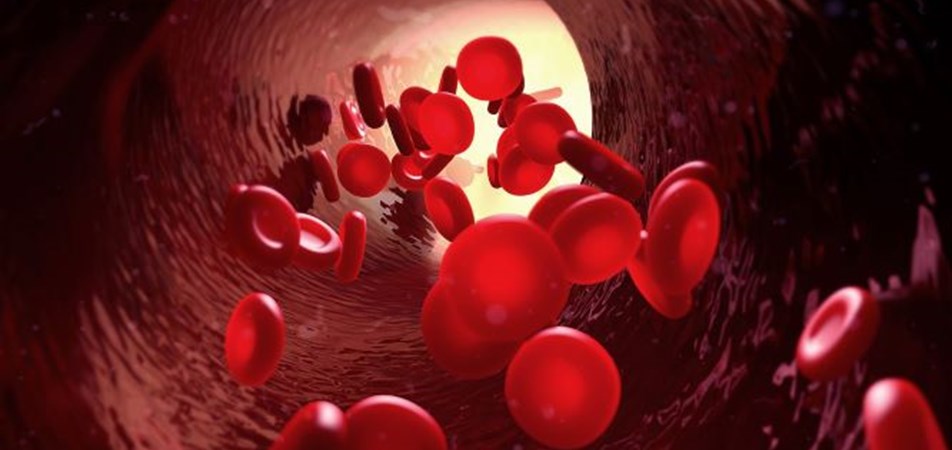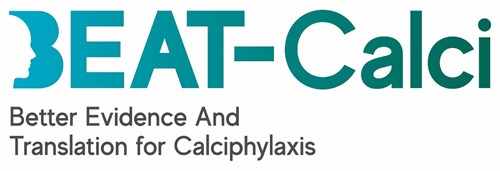To recover your password please fill in your email address
Please fill in below form to create an account with us




Background:
Calciphylaxis is a rare but serious condition where deposits of calcium block blood supply to the skin, causing painful ulcers. It has no proven treatment options. It largely occurs in patients with kidney failure already experiencing high morbidity and has a poor prognosis, with a median survival time of three months and a mortality rate of 45-80% in the first year.
An evidence base for calciphylaxis care is urgently needed. To date, no randomised controlled trials (RCTs) for calciphylaxis treatments have been completed and there is considerable variation in its clinical management both within and between countries. The lack of RCTs in part reflects the challenges associated with investigating a disease of its kind. These barriers include its low incidence; the lack of tolerance for prolonged placebo treatment; low tolerance for single active treatments in the face of no treatment response; the requirement for a biopsy-based diagnosis of calciphylaxis in current RCTs; the treatment of the disease typically involving multiple modalities of clinical care; and the lack of standardised methodology for assessing calciphylaxis outcomes in RCTs. The Better Evidence And Translation for Calciphylaxis (BEAT-Calci) Adaptive Platform Trial has been developed to specifically address these barriers.
The primary objective is to establish high-quality evidence on the effect of a range of interventions on the BEAT-Calci Wound Assessment Scale (BCWAS) in patients with kidney failure and newly diagnosed calciphylaxis.
Research Methodology:
BEAT-Calci is an investigator-initiated, multicentre, international, prospective, adaptive, platform, randomised controlled trial.
In this platform trial, multiple treatments across diverse domains of therapeutic care will be assessed within the same trial infrastructure. This provides the most efficient structure for evidence generation in a rare disease, whilst pre-specified adaptations in specific domains increase the chances that patients receive the most promising treatment in that domain. BEAT-Calci will initiate with two active domains;
As an adaptive platform trial, additional domains of care, and additional interventions within existing domains, will be introduced into the platform as they become scientifically and operationally feasible.
Recruitment of participants into BEAT-Calci will continue until prespecified statistical rules are met. Participants will be recruited from a number of countries, not limited to, Australia, New Zealand, Canada and the United Kingdom.
BEAT-Calci partners with a consumer and community engagement group to deliver the trial. The group provides input into the development of the platform and all patient facing aspects of the trial, including consent, intervention selection & results dissemination.
|
Aim: |
The primary objective is to establish high-quality evidence on the effect of a range of interventions on the BEAT-Calci Wound Assessment Scale (BCWAS) in patients with kidney failure and newly diagnosed calciphylaxis. |
|
Supported By: |
Australian Medical Research Future Fund (MRFF) 2018 Rare Cancers, Rare Disease and Unmet Need Grant commencing 2018 |
|
Eligibility: |
Potential participants must satisfy all of the following criteria:
Additional eligibility criteria exist for participation within each recruiting domain |
|
Registration ID: |
NCT05018221 |
|
Participation: |
International (Australia, New Zealand, Canada, Denmark & United Kingdom) |
|
Australian Lead Group: |
NHMRC CTC |
|
Status: |
Active, currently recruiting (in Australia & New Zealand) |
|
Activation Date: |
2021 |
|
Chair: |
Professor Meg Jardine |
|
Contact: |
beat-calci.study@sydney.edu.au |
|
Publications: |
Nil to date |